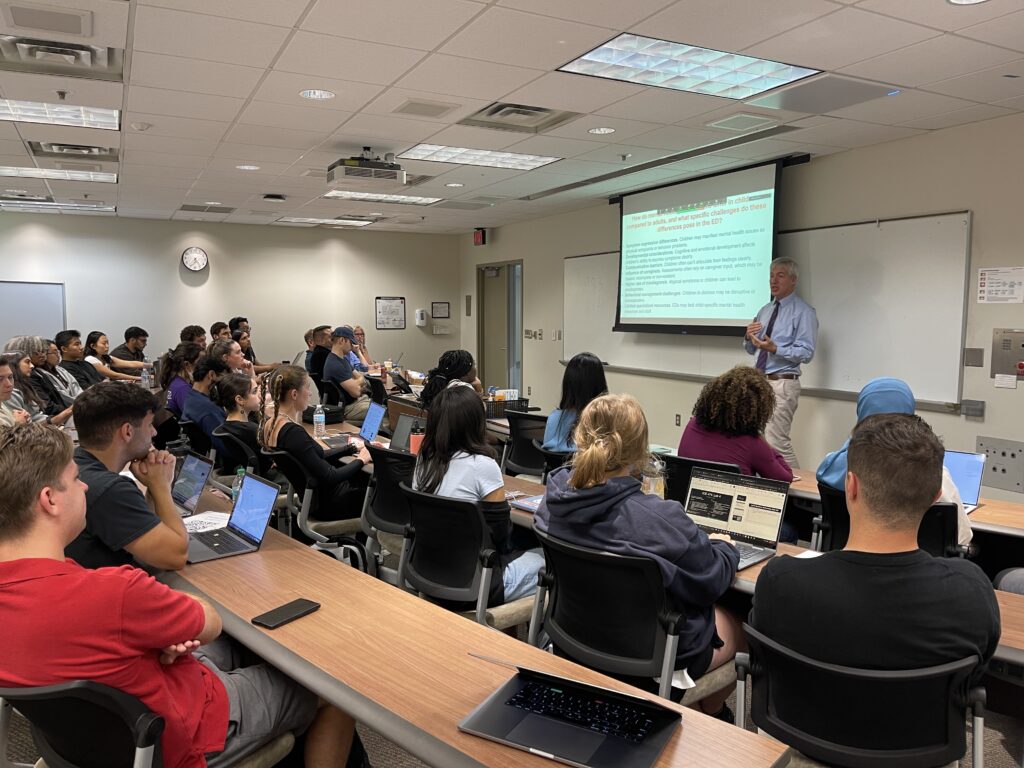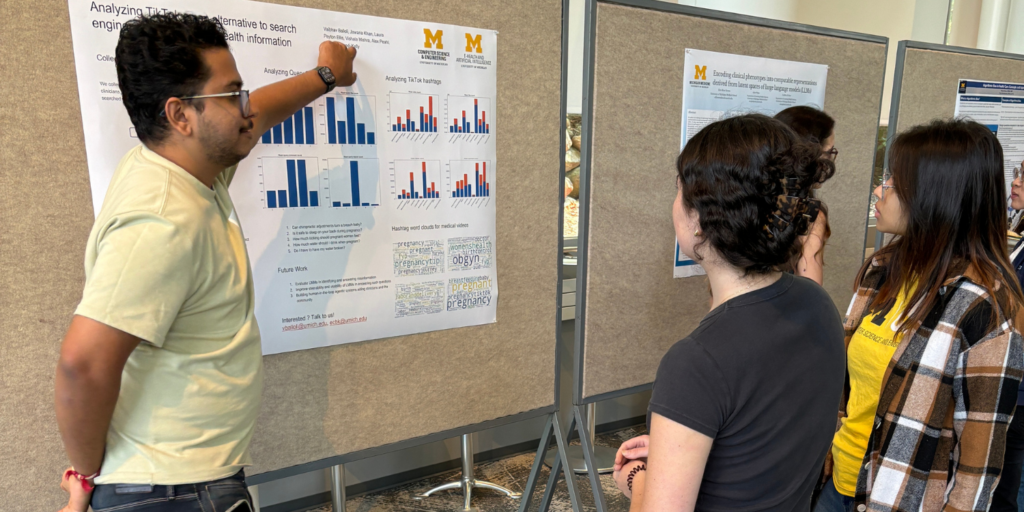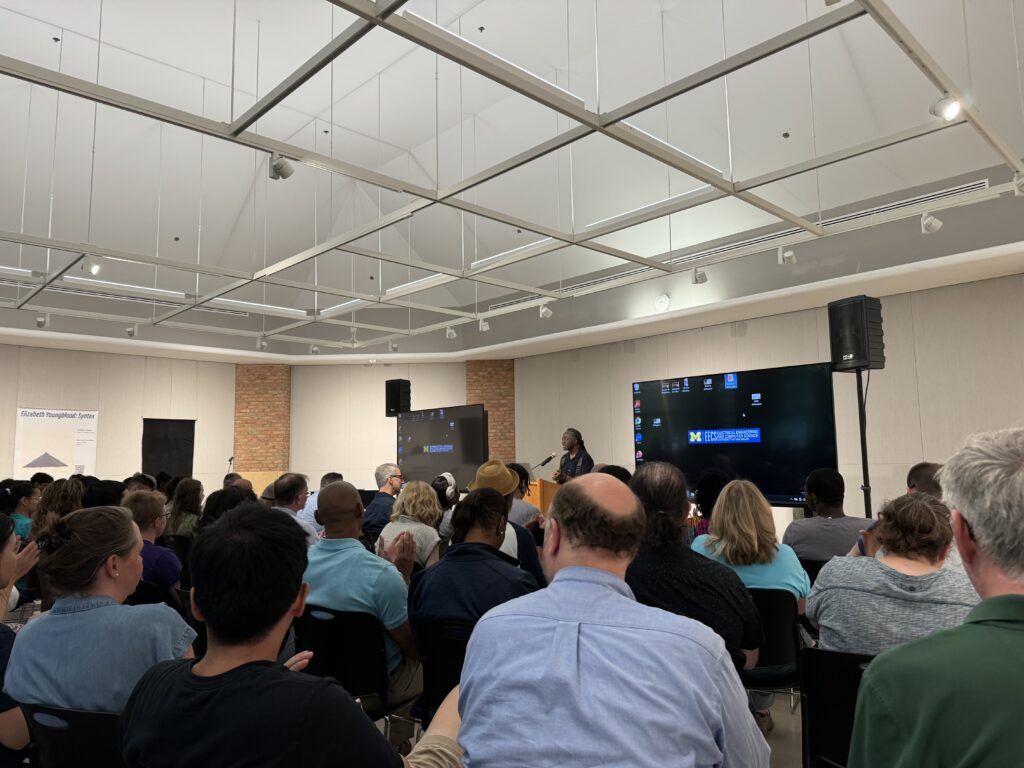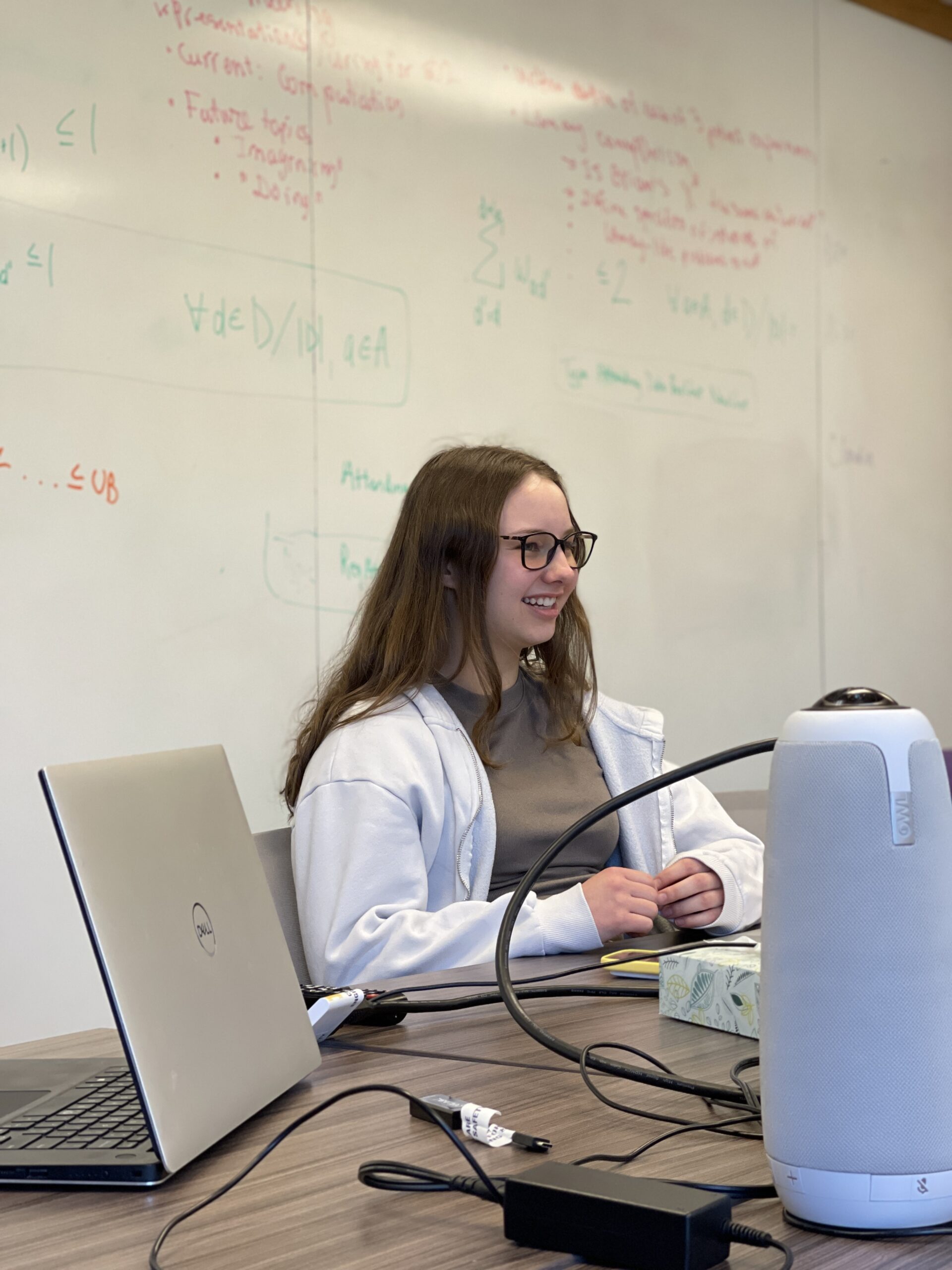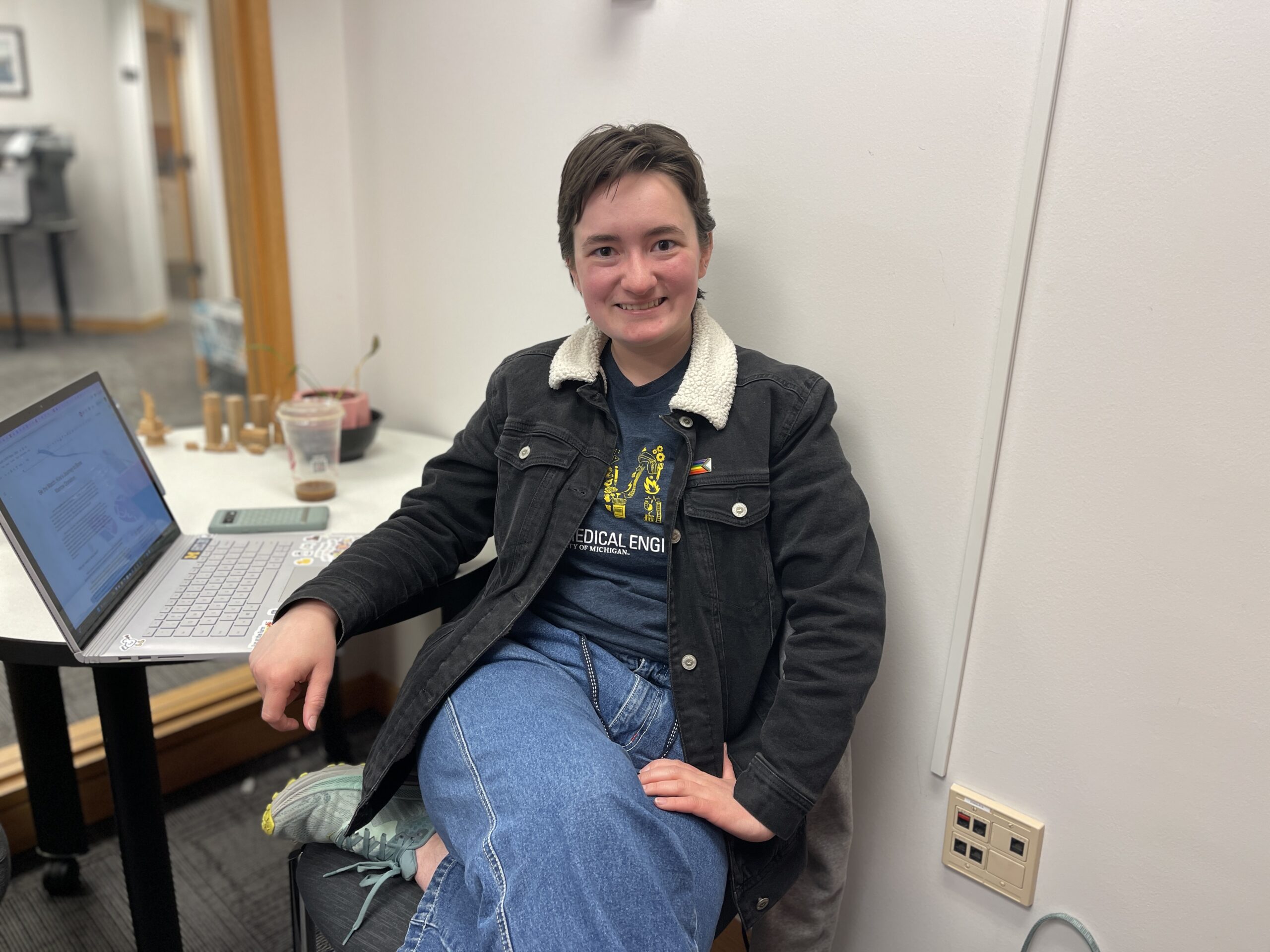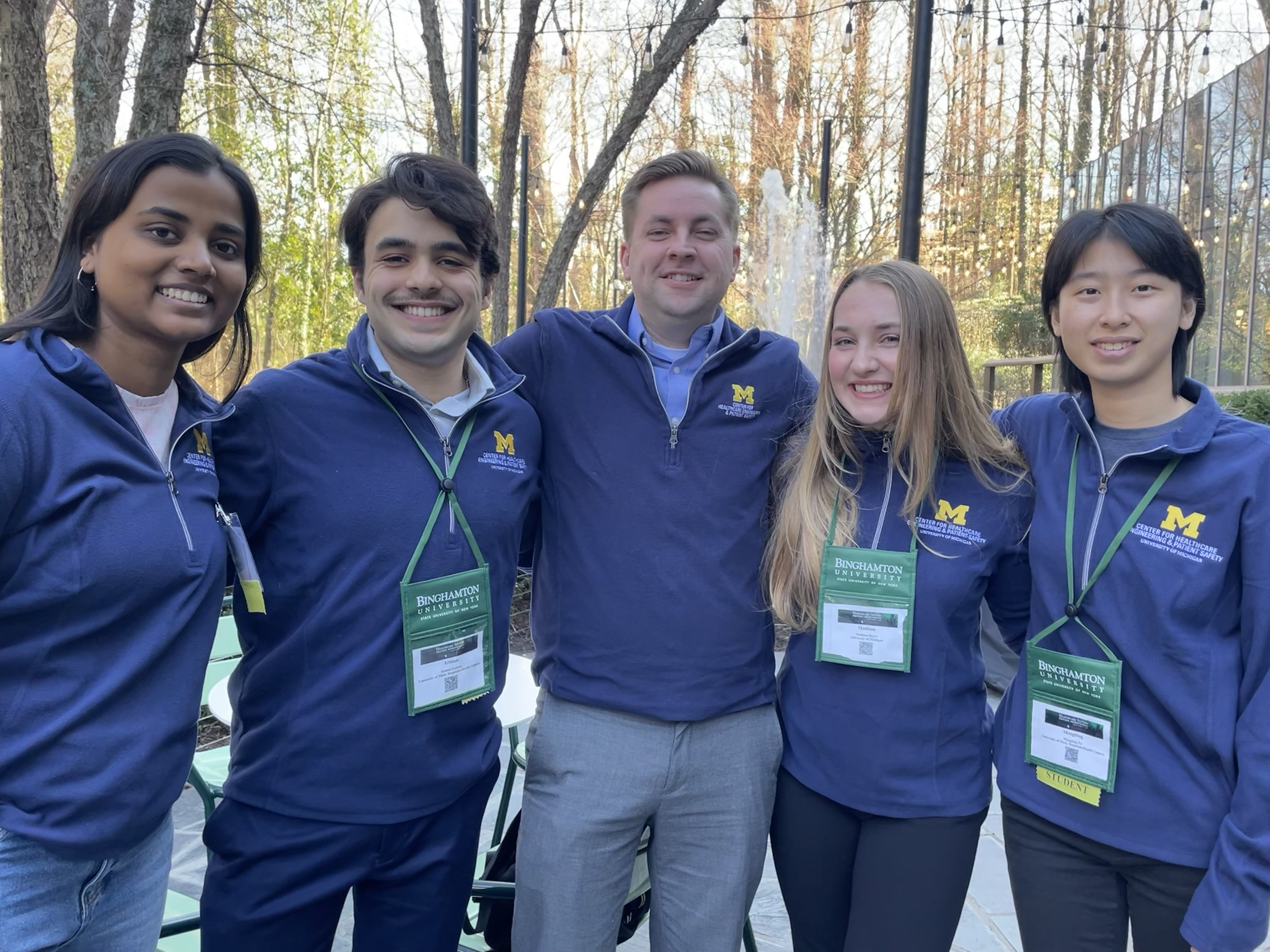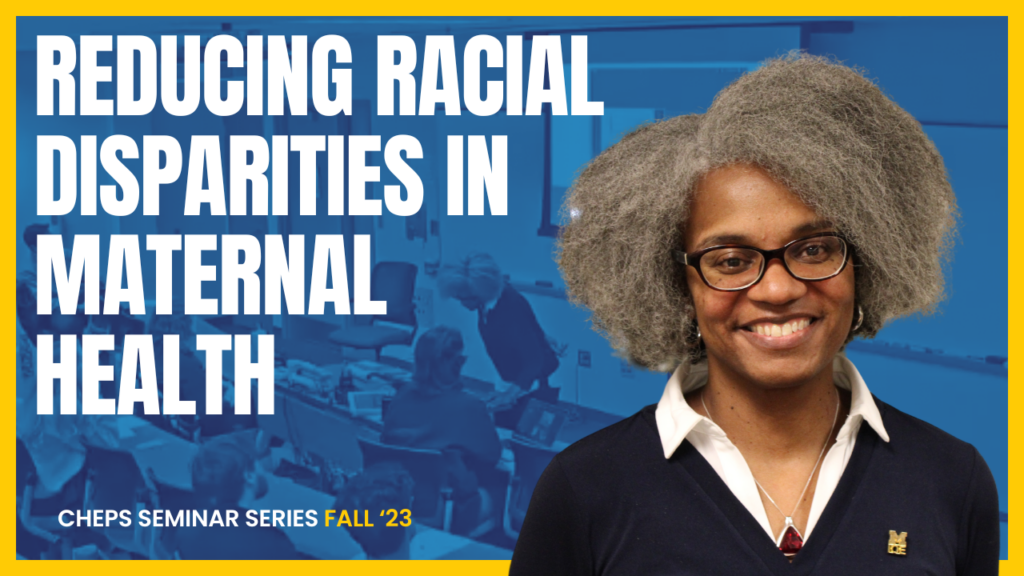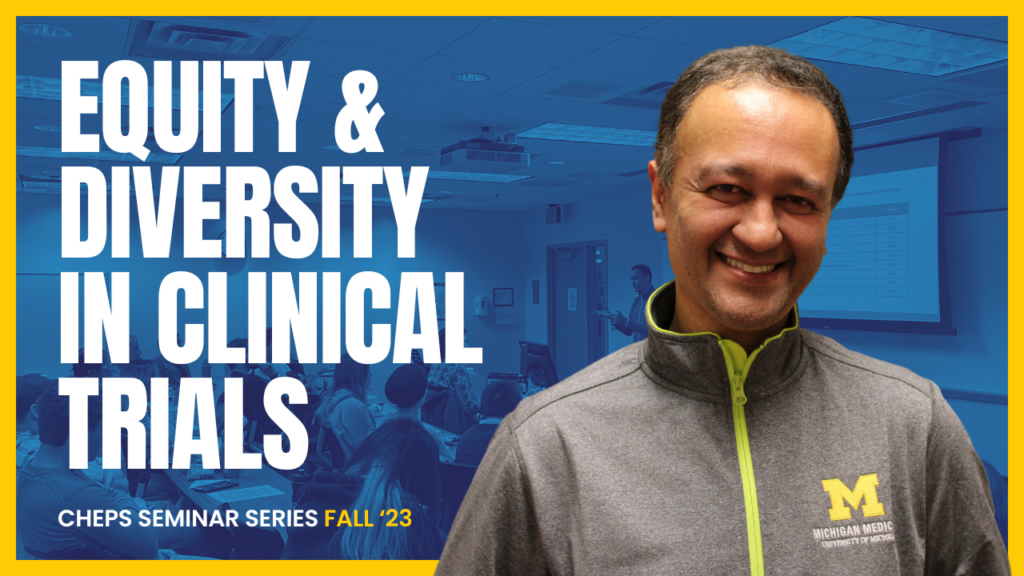Jill Uy, an undergraduate Industrial and Operations Engineering student, shares her gratitude for the friends she’s met at CHEPS.
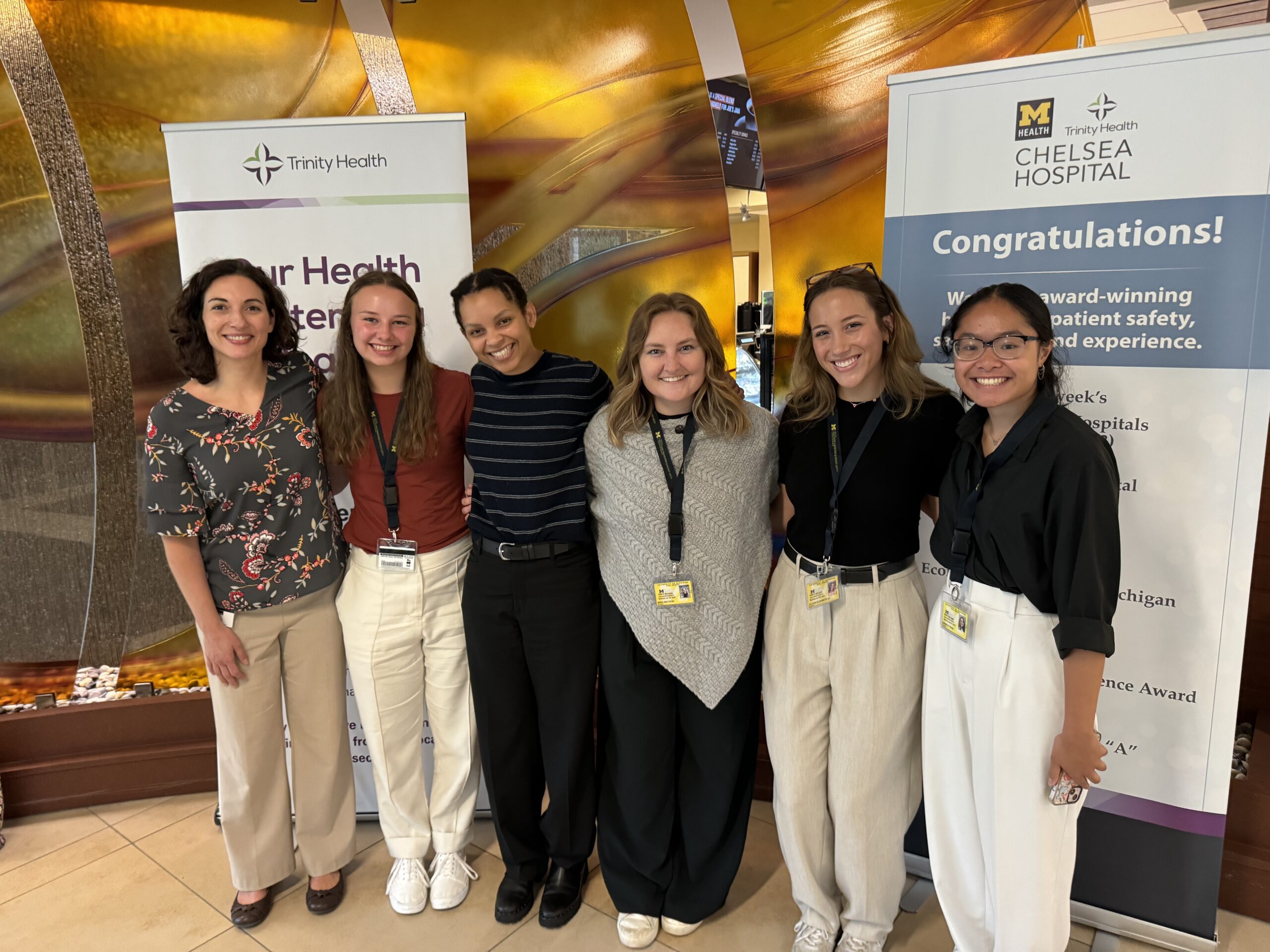
When I first got offered the job at CHEPS, I was like any other 19-year-old girl going into her first job…anxious about making friends and doing good work. Little did I know that I was about to be given the most amazing team that I now consider lifelong friends.
From Gene’s first “Welcome!” to our leader, Dr. Amy Cohn, insisting we call her “Amy,” I knew CHEPS was a singular opportunity to learn and grow as a person and an engineering student. Continue Reading »

